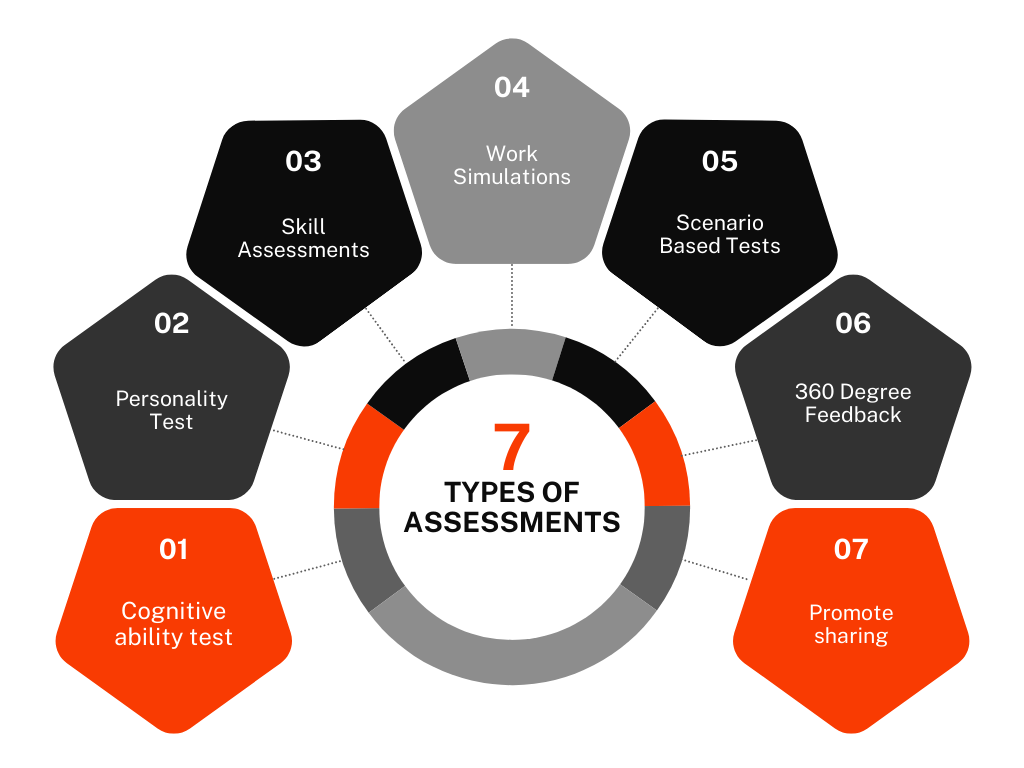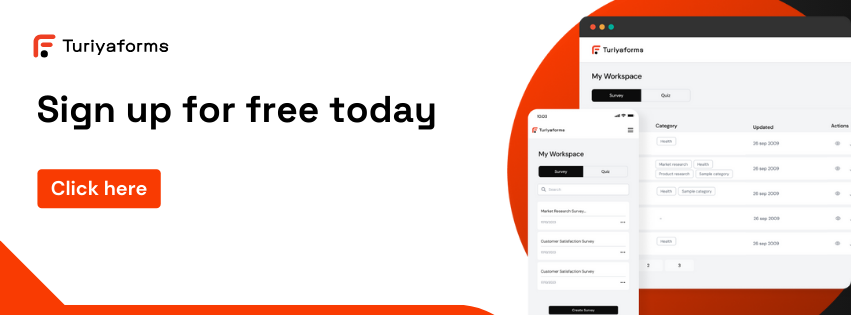In today’s competitive business landscape, data-driven talent management has become essential for organizations aiming to attract, develop, and retain top talent. Talent assessments play a crucial role in gathering insights throughout the talent management lifecycle. According to a 2024 report by Gartner, 83% of HR leaders say they struggle to find enough talent with the needed skills.
This blog explores how talent assessment tools are used in various stages of talent management and the value they bring to organizations.
The Talent Management Lifecycle
The talent management lifecycle encompasses several key stages:
- Recruitment and selection
- Onboarding and orientation
- Performance management and development
- Retention and succession planning

Let’s delve into how talent assessments are utilized in each stage:
1. Recruitment and Selection
Pre-employment assessments, skills and aptitude tests, and cultural fit surveys are commonly used during recruitment to ensure candidates possess the necessary skills and align with the company’s values. Many organizations lack a comprehensive talent management strategy, highlighting the importance of integrated assessments.
These tools help identify candidates who not only have the required technical skills but also fit well within the company culture, thereby reducing turnover rates and improving overall employee satisfaction.
2. Onboarding and Orientation
New hire surveys, knowledge quizzes, and onboarding effectiveness assessments help organizations gauge the success of their onboarding programs. Fun employee engagement quizzes can also make onboarding more interactive and enjoyable. These tools provide new employees with a clear understanding of their roles and responsibilities while also allowing them to provide feedback on their onboarding experience.
This feedback can be used to continuously improve the onboarding process, ensuring that new hires feel welcomed and supported from day one.
3. Performance Management and Development
360-degree feedback surveys, skills gap assessments, and training effectiveness assessments are vital for continuous employee development. These tools provide valuable insights into employee performance and areas for improvement. By regularly assessing employee performance and identifying skill gaps, organizations can tailor their training programs to address specific needs, thereby enhancing employee skills and competencies.
Additionally, these assessments can help set clear performance goals and expectations, leading to increased employee accountability and motivation.
4. Retention and Succession Planning
Employee engagement surveys, career development assessments, and leadership potential assessments help organizations identify high-potential employees and plan for future leadership needs. Effective talent management strategies include continuous sourcing, recruitment, and outreach processes. Organizations can create personalized development plans that align with individual career goals by regularly assessing employee engagement levels and career aspirations.
This not only helps in retaining top talent but also ensures a steady pipeline of future leaders who are well-prepared to take on key roles within the organization.
Types of Talent Assessments and Their Applications
Talent assessments are crucial tools in the modern talent management lifecycle. They help organizations make informed decisions about hiring, development, and retention.
Let’s explore some common types of talent assessments and their applications:

Cognitive Ability Tests
These tests focus on decision-making skills, problem-solving, numerical aptitude, verbal reasoning, and critical reasoning.
Application: They are beneficial for roles that require strong analytical and problem-solving skills.
Personality Tests
These assessments evaluate behavioral patterns and personality traits that may impact work performance.
Application: They help determine if a candidate will fit well with the company culture and have the appropriate level of resilience required for the job.
Skills Assessments
These tests evaluate specific technical or job-related skills.
Application: They are crucial for roles that require specialized knowledge or abilities.
Work Simulations
Candidates are asked to complete tasks similar to those they would perform in the actual job.
Application: These provide a realistic preview of a candidate’s capabilities and are particularly useful for creative or technical roles.
Situational or Scenario-Based Tests
These present candidates with job-related scenarios and ask how they would respond.
Application: They are valuable for assessing decision-making skills and alignment with company values.
360-Degree Feedback
This involves gathering feedback from an employee’s peers, supervisors, and subordinates.
Application: It’s beneficial for leadership development and performance management.
By utilizing a combination of these assessment types, organizations can gain a comprehensive understanding of their talent pool, leading to more effective talent management strategies.
Benefits of Data-Driven Talent Management
Implementing data-driven talent management practices offers several benefits:
Improved decision-making: Data-driven insights enable more informed decisions regarding hiring, development, and retention. By analyzing assessment data, organizations can identify trends and patterns that inform strategic decisions.
Enhanced employee experience: Personalized assessments help tailor development programs to individual needs. This leads to higher job satisfaction and engagement as employees feel valued and supported in their professional growth.
Increased organizational performance: Effective talent management leads to higher employee engagement and productivity. Engaged employees are more likely to be motivated, perform better, and contribute positively to the organization’s success.
Best Practices for Implementing Assessments
To maximize the value of assessments, organizations should:
Choose the right tools: Select an assessment tool that aligns with organizational goals and culture. Ensure that the tools are user-friendly and provide actionable insights.
Ensure data quality and reliability: Use validated assessments to gather accurate data. Regularly review and update assessment tools to maintain their relevance and effectiveness.
Analyze and act on insights: Regularly review assessment data to inform talent management strategies. Use the insights gained from assessments to make data-driven decisions that enhance employee development and organizational performance.
Challenges and Considerations
While implementing assessments, organizations must consider:
Data privacy and security: Protect employee data to maintain trust. Ensure that all data collected through assessments is stored securely and used ethically.
Avoiding bias in assessments: Ensure assessments are fair and unbiased. Regularly review assessment tools for potential biases and make necessary adjustments to ensure fairness.
Balancing quantitative and qualitative data: Use a mix of data types for a comprehensive view of talent. While quantitative data provides measurable insights, qualitative data offers a deeper understanding of employee experiences and perceptions.
The Future of Talent Management
The future of talent management will likely see increased use of AI and machine learning in assessments, predictive analytics for workforce planning, and continuous feedback mechanisms for real-time insights.
AI-powered assessments can provide more accurate predictions of employee performance and potential, while predictive analytics can help organizations anticipate future talent needs. Continuous feedback mechanisms enable real-time monitoring of employee engagement and performance, allowing for timely interventions and support.
The benefits of AI-powered assessments are manifold:
- Significantly reduce time-to-hire by automating initial screening processes
- Minimize human bias in candidate selection
- Provide deeper insights into a candidate’s potential fit for the job role
Conclusion
Data-driven talent assessments are an invaluable tool in the talent management lifecycle. By leveraging these tools, organizations can make data-driven decisions that enhance employee experience and drive organizational success. Embracing data-driven talent management is crucial for staying ahead in today’s competitive landscape.
Additionally, AI-driven assessments can adapt in real-time, presenting candidates with personalized questions based on their responses, thus providing a more accurate evaluation of their skills and competencies. This not only enhances the quality of hires but also improves the candidate experience by offering a more engaging and relevant assessment process. As AI technology continues to evolve, these assessments are becoming increasingly sophisticated, promising even greater accuracy and efficiency in talent acquisition and development strategies.







